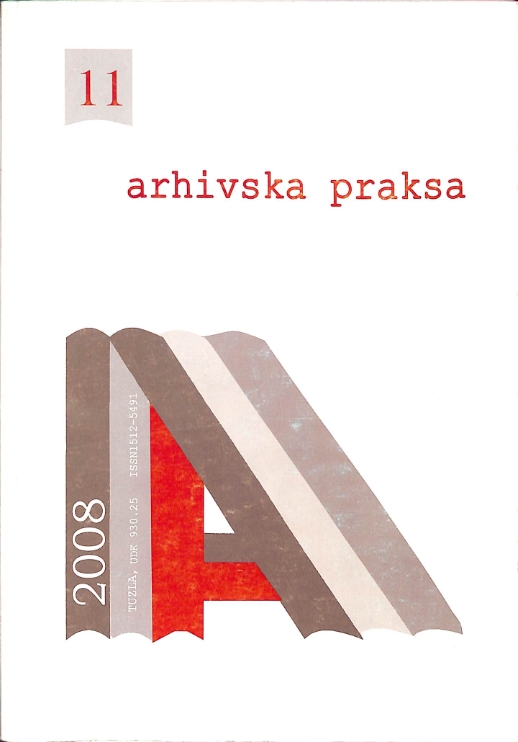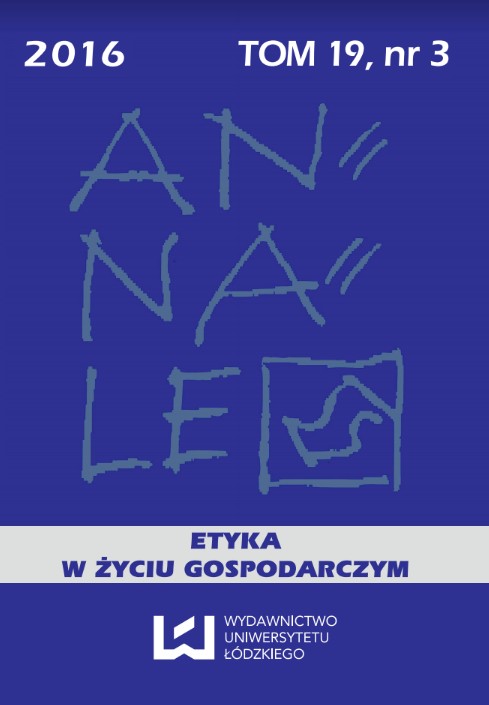
OBLIKOVANJE POSTUPAKA, ULOGA I STANJA U PROCESIMA ARHIVSKOG STRUČNOG RADA
Archival professional work in the 20-eth century had been limited to an individual or small group that dealt with relatively whole archival material through all phases of expert handling. At this procedure usually they weren't properly systemized and even they had to be preformed by an individual in a way so it would adapt roles, or assigned them arbitrarily from known group. Establishing concrete states in this phase in not distinct, its check marks are usually set logically, but relatively rarely while concluding some sub-procedures and while concluding superior procedure. This state is only possible to mantain in smaller institutions with limited professional activities at limited area. In larger systems regarding archival protection this approach is unsuitable. Certain forms that can be monitored are necessary. Formalization of procedures, role of state and check marks in not conditioned with informational support to archival expert work. We must preformthem in enviromentsthat are notdependenton informationalsolutions. On the other side for support of informatical solutions to archival professional work their clear formalization is needed. Without it every implementation of this kind of support is meaningless in the long term, even with standardization of forming final information products, first of all collectons of different products as its program, device and communicational surrounding. Importance of formalization of presentedcontent is evident in processes of replication data from "classic archival material" into world of "digital data collections", and also at directing informational society that manifests as hyperproductionof documentationfor which relatively limited human sources try to manage. In this cases high level of organization will be necessary in the segment of procedures as well asa shaping and preforming roles and deciding states and check marks. However archival institutions will not be able to suitably carry out their mission.
More...
